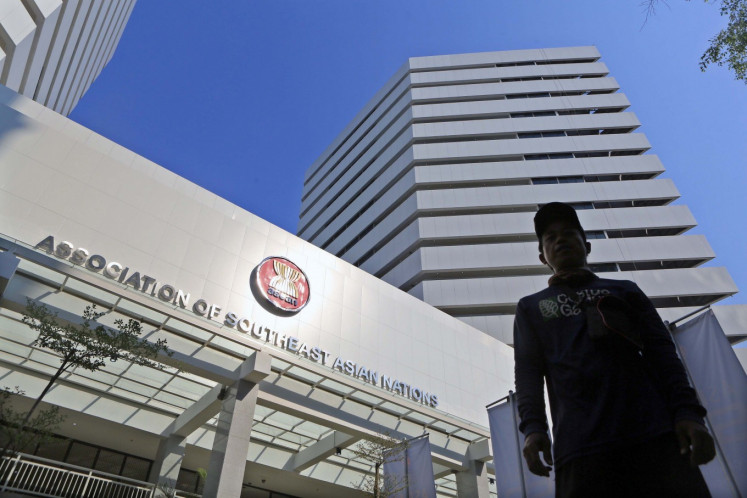Popular Reads
Top Results
Can't find what you're looking for?
View all search resultsPopular Reads
Top Results
Can't find what you're looking for?
View all search resultsEDITORIAL: Paradise for tax evaders
The leaked documents named several public figures, including Prabowo Subianto.
Change text size
Gift Premium Articles
to Anyone
W
hat more could the Indonesian tax authority do than simply pledge to investigate and verify information on taxpayers who sheltered their wealth secretly in offshore tax havens, as revealed last week through the leaked Paradise Papers.
But the stated commitment is meaningless unless the government acts quickly and firmly to empower the tax authority with stronger laws and institutional capacity building to hunt down tax evaders, wherever they may be hiding their wealth. The inability of the tax authority to force Indonesian taxpayers to repatriate their assets from overseas — as they had pledged under the tax amnesty that ended last March — shows just how inadequate their capacity at catching tax evaders.
The government itself has acknowledged that tax amnesty declarations and the pledged repatriation of offshore assets to Indonesia did not correspond to data it had on taxpayers’ foreign holdings.
The leaked documents from offshore law firm Appleby Global Group Services Ltd. in Bermuda, dubbed the Paradise Papers, named several public figures, including Prabowo Subianto, the former general who fought Joko “Jokowi” Widodo in the 2014 presidential election and a possible candidate again in the 2019 presidential race.
Unlike many countries that have begun to enforce the Automatic Exchange of Financial Account Information (AEOI) between tax authorities, Indonesia will only start implementing the AEOI next September under the Multilateral Competent Authority Agreement (MCAA), as the government has yet to amend the tax laws and other regulations to ensure data protection and confidentiality. The institutional capacity of the tax office also needs to be strengthened.
The AEOI is a new standard that entails a regular exchange of taxpayer information, which may include details of their bank accounts and assets, for authorities to act against tax evasion. The scheme will make it easier for Indonesia’s tax authority to exchange tax information with other jurisdictions as part of ongoing global efforts to combat tax evasion and money laundering, as well as to improve tax transparency.
The AEOI will be supported by another scheme known as the Common Reporting Standard. Signatories, including many of the tax havens where Indonesians traditionally stash their wealth, have agreed to share information on foreign accountholders with the Indonesian tax authority.
The government recently decided to grant the tax authority broader access to taxpayers’ financial accounts to minimize tax evasion and to meet the compulsory reporting standards within the global AEOI. Another multilateral instrument to support the AEOI that Indonesia also has signed is the agreement to prevent tax avoidance practices through base-erosion and profit shifting (BEPS).
BEPS is a term used to describe multinational companies’ tax planning strategies that rely on mismatches and gaps that exist between the tax rules of different jurisdictions to minimize the corporate tax that is payable overall, by either making tax profits “disappear” or shifting profits to operations in low-tax jurisdictions, where there is little or no genuine activity.










